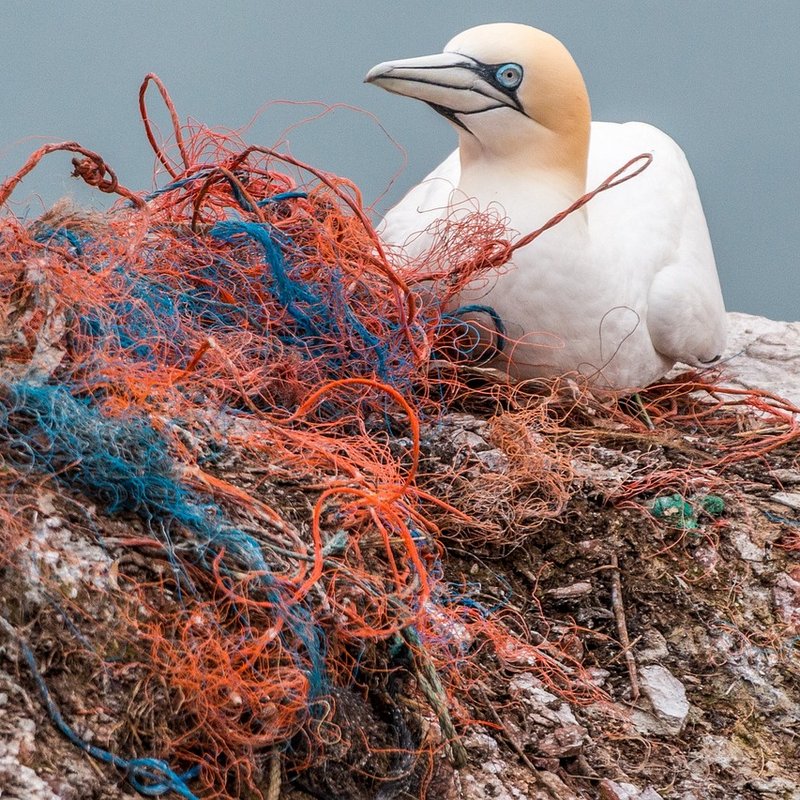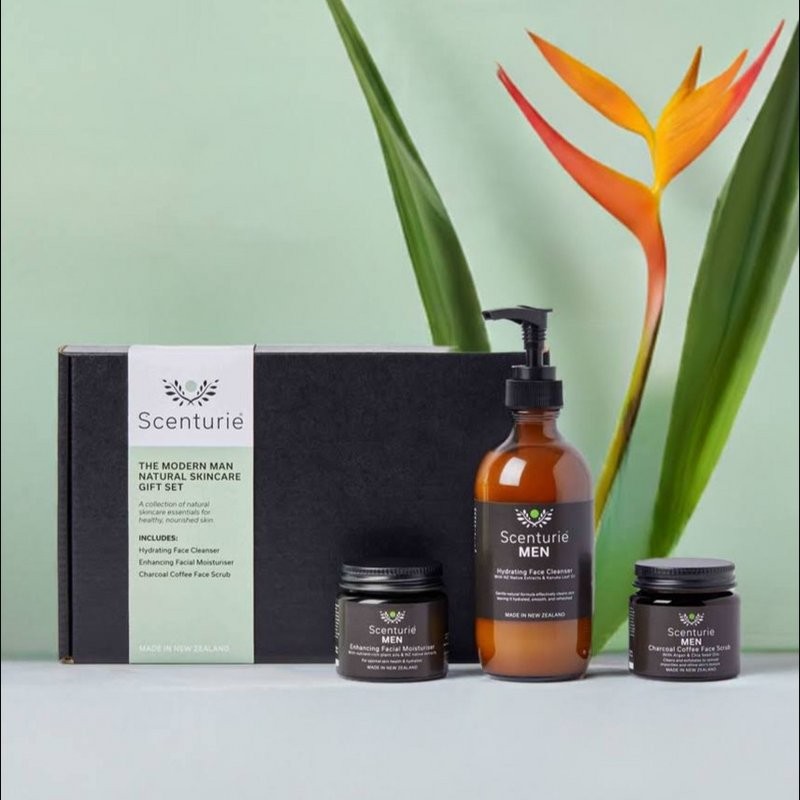Plastic-Free Skincare NZ: A Guide to Reducing Waste

Key Takeaways for Plastic-Free Beauty:
- The Urgent Problem: The beauty industry is a major contributor to plastic pollution, which poses a direct threat to New Zealand’s unique marine life and pristine landscapes.
- The Power of Choice: As consumers, choosing products in non-plastic packaging (like glass and aluminium) is one of the most powerful ways to reduce landfill waste and protect our environment.
- A Circular Solution: True sustainability goes beyond recycling. Scenturie is committed to a circular system through our innovative packaging return and refill schemes.
The global plastic pollution crisis has reached a critical juncture, and in a nation like New Zealand, renowned for its pristine natural beauty, the impact of plastic waste is particularly poignant. The beauty industry plays a significant role in this issue, with mountains of plastic containers contributing to our landfills and threatening our precious marine environments.
However, we believe in the power of conscious choices. By embracing plastic-free alternatives, we can honour our nation’s value of kaitiakitanga (guardianship). This is just one part of our broader mission. You can learn more about our full commitment to people, the planet, and purity here.
The Plastic Problem in Paradise: Aotearoa’s Beauty Industry

Today, the aisles of our stores are dominated by plastic. Globally, a staggering 79% of the 8.3 billion tonnes of virgin plastic produced to date has ended up in landfills or the natural environment.
For New Zealand, this poses a tangible threat to our unique ecosystems and iconic marine species.
The reality is that only a small fraction of plastic is ever effectively recycled.
If trends continue, we face a future with 12 billion tonnes of plastic waste polluting our planet by 2050.
This is a challenge Scenturie is committed to meeting head-on.
Why Plastic-Free Matters for New Zealand

Choosing plastic-free isn’t just a trend; it’s a vital action with profound benefits for our nation.
- Protects Our Unique Wildlife: With millions of tonnes of plastic entering the oceans annually, our iconic marine species, such as the Hector’s dolphin, are at risk from ingestion and entanglement.
Reduces Landfill Pressure: Opting for infinitely recyclable materials like glass and aluminium significantly reduces the volume of waste destined for New Zealand’s increasingly pressured landfills.
Conserves Natural Resources: Plastic production relies on fossil fuels. Choosing packaging from renewable or recyclable resources helps conserve our precious resources and aligns with our national goal of carbon neutrality.
- Prioritises Your Health: Certain plastics can contain chemicals that may leach into products. Glass and aluminium packaging offers a safer, more inert alternative you can trust.
The Scenturie Solution: Our Plastic-Free Commitment
At Scenturie, environmental responsibility is at the core of our brand. Here is how we are committed to being part of the solution:

Sustainable Glass & Aluminium: All our products are housed in reusable and infinitely recyclable amber glass jars and bottles with aluminium lids.
Smart Refill Options: To minimise waste, we offer refill options for products that use a plastic pump. You can purchase a refill with a recyclable aluminium lid and reuse your original pump.
Returnable Packaging Service: We’ve created a unique circular system. You can return your empty Scenturie containers to us, and we’ll reward you with Eco-Points while ensuring the packaging is properly sterilised for reuse or recycling.
Eco-Friendly Shipping: All orders are shipped in compostable courier bags and sealed with paper tape, with no unnecessary external product boxes.
Your Guide to Championing Plastic-Free Beauty in NZ
The power to create change lies with all of us. Here are tangible steps you can take:
Choose Sustainable Packaging: Prioritise brands that use glass, aluminium, or other eco-friendly materials.
Embrace Refill & Return Programs: Actively participate in refill and returnable packaging services to close the loop.
Reduce Single-Use Plastics: Opt for solid bar products where possible and avoid items with excessive plastic wrapping.
Support Local & Zero-Waste: Shop at farmers’ markets and zero-waste stores that offer package-free or refillable options.
Advocate for Change: Support organisations and policies working to reduce plastic pollution in New Zealand.
Frequently Asked Questions (FAQs)
Q: Why is plastic-free packaging important for NZ’s marine life? A: Plastic waste degrades into microplastics, which are ingested by marine animals, causing harm and entering the food chain. New Zealand’s unique marine ecosystems are particularly vulnerable.
Q: Are glass and aluminium packaging truly sustainable? A: Yes. Unlike plastic which degrades with each recycling cycle, glass and aluminium can be recycled infinitely without losing their quality, making them cornerstones of a true circular economy.
Q: How does Scenturie’s Returnable Packaging Service work? A: You can send your empty Scenturie glass jars and bottles back to us. We sterilise them for reuse or repurpose them, and we reward you with Eco-points as a thank you.




